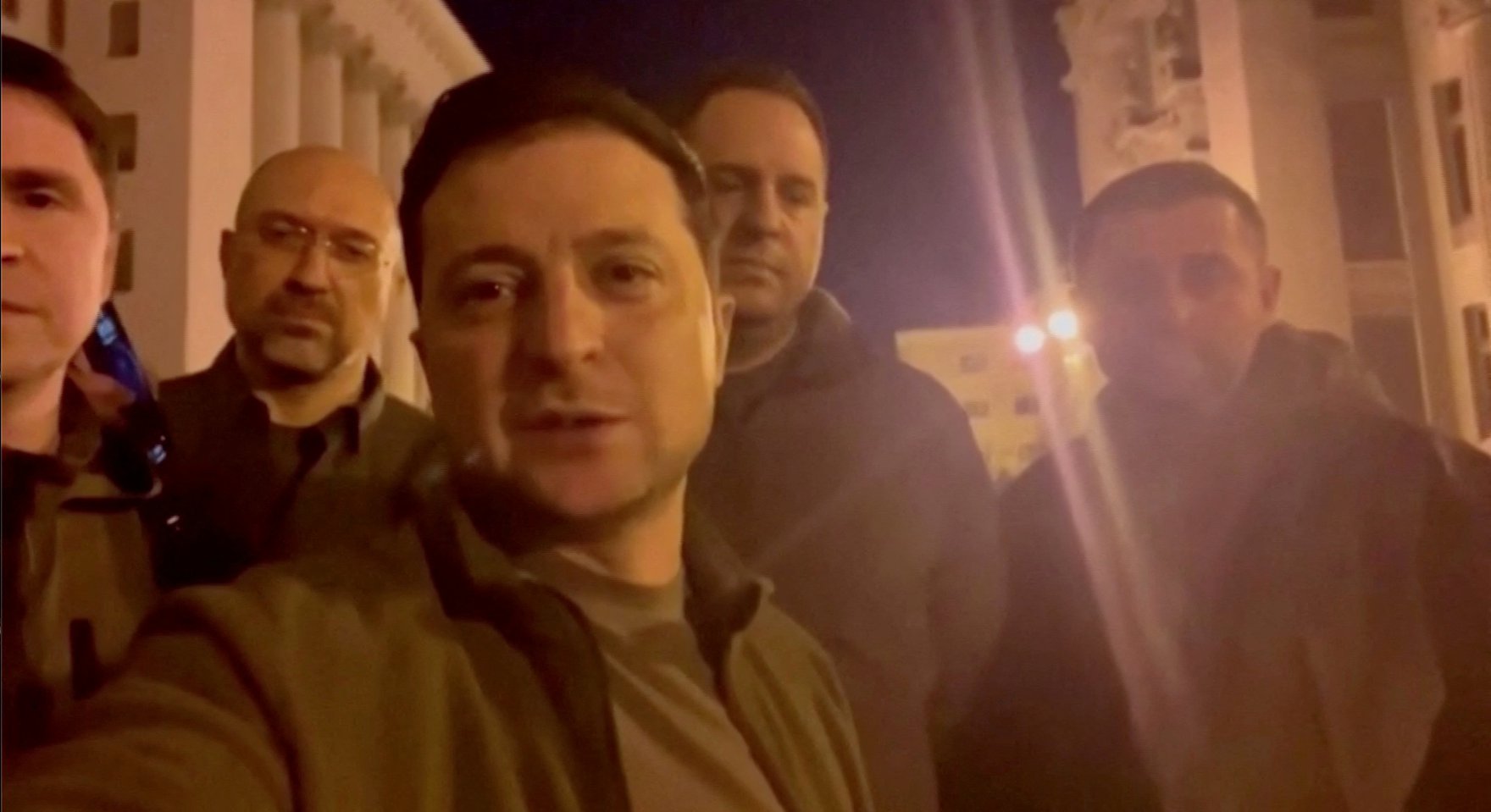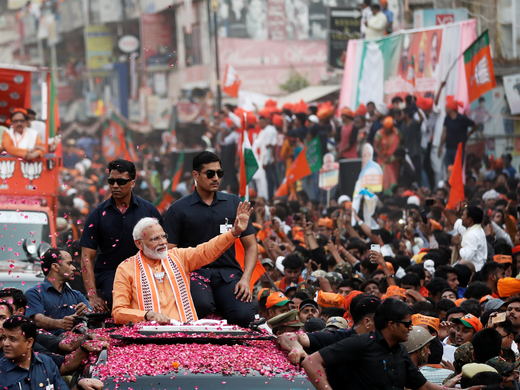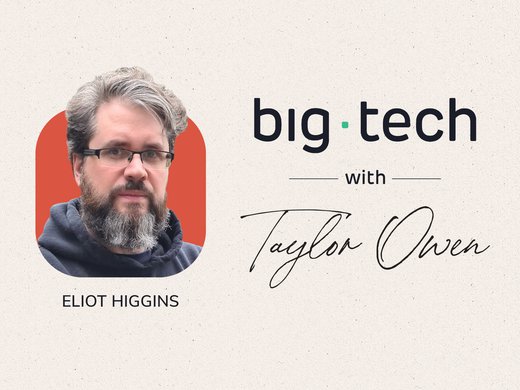The Russian blitzkrieg in Ukraine has not gone according to plan. While force of arms might ultimately prevail in an unequal match, Putin’s old-fashioned industrial-age war of steel, iron and blood has met ferocious resistance from the Ukrainian military.
The accompanying Russian disinformation or propaganda campaign has also badly floundered. To conduct disinformation in a wired world requires a degree of sophistication, fluidity and cleverness that the Russians have been unable to demonstrate, leaving them to face global condemnation for what Canadian Ambassador to the United Nations Bob Rae rightly described as a “grotesque” war crime.
Putin and his acolytes have taken a tired leaf from the playbook of Nazi Germany’s propaganda chief, Joseph Goebbels, one of whose favourite aphorisms was about the power of repeated lies. Goebbels was a cynic about the people the Nazi party ruled. Putin may be the same.
The Russian propaganda message has had three main notes: the Ukrainian government is run by “neo-Nazis” (although its president is Jewish) and drug dealers; the government is a puppet whose strings are pulled by Western “consultants,” principally American; and Ukrainian forces are committing genocide in the eastern provinces of the country against a Russian-speaking population. In desperation, the Russians have now added a new big lie — that Ukraine is seeking nuclear weapons.
In its entirety the propaganda package is clear; it holds that the democratically elected government of Volodymyr Zelenskyy is illegitimate, a dangerous aggressor, and must go. The message is hooey, of course, and thinly masks not just an effort at a military coup against a democratically elected government, but also a Putinesque rewriting of history. As Putin recounted in his extraordinary diatribe of February 21, Ukraine was mistakenly created by the Bolsheviks after the 1917 revolution, was always an artificial piece of border drawing, and should never have been separated from, as the Russian autocrat put it, “historical Russian land.”
This historical revisionism is not new for Putin; he has said the same as far back as 2008, when he reportedly told then US President George Bush at a North Atlantic Treaty Organization (NATO) meeting in Bucharest: “You don’t understand, George, that Ukraine is not even a state. What is Ukraine? Part of its territories is Eastern Europe, but the greater part is a gift from us.” A year previous, in 2007, Putin had alarmed delegates attending the annual Munich security conference with a bellicose speech in which he decried US foreign policy adventurism and warned against the expansion of US and NATO influence into Eastern Europe. Putin has been readying himself to destroy an independent Ukraine in words and action for a long time.
But the long percolation of this idea in Putin’s mind has not produced a sophisticated propaganda campaign. He may have more channels for his message today than did past despots — a compliant and state-controlled Russian media, and the global meta universe of social media. Fake news and disinformation can be pumped out (although the investigative non-governmental organization Bellingcat has already identified some of the cruder efforts and is bent on fact-checking with its usual impressive zeal. Evidence of war crimes will be carefully compiled). But it’s already clear that the Russian propaganda blast is finding the Kremlin no friends in Ukraine, even though Putin and his war cabinet were clearly prone to believe that Ukrainians were waiting to be “liberated” and that the Ukrainian army was likely to lay down its arms or turn against its own government.
Instead, Ukrainian civilians are either desperately heading into exile, hunkering down in bomb shelters or joining the self-defence forces. Ukraine’s overmatched military fights on, despite overwhelming odds. Its government’s message is getting out to its people and Russian disinformation is being effectively countered. Putin, if he believes his own propaganda and thinks he is winning the info war, is living in a dangerous feedback loop.
The propaganda message has found no favour internationally, a fact demonstrated by the recent UN Security Council vote on a draft resolution condemning Russia — from which even Beijing, a putative Putin ally, abstained. The president of the UN Security Council, a position held on a rotational basis, is currently the Russian ambassador. He was handed the embarrassing task of reading through the names of the 11 member states on the Council that supported the condemnatory resolution. His only retort was to repeat the desperate fiction that Russia was mounting a “special military operation.”
The Russian effort to justify its invasion through claims of Ukrainian genocide and attacks in the east was early on punctured by a remarkable series of public US and UK intelligence reports on the long military buildup for a premeditated attack. These reports were made authoritative by the evidence of satellite and high-altitude drone reconnaissance and communications intercepts. It appears they may have also been assisted by intelligence sources familiar with the Russian government’s planning.
Domestically, Putin holds Russia in an authoritarian vice and can craft the propaganda message of his choice. Russians dependent on state-controlled media will know little of the reality of the current war. But how long this can hold sway depends on the outcome of the reckless gamble he has taken. Monday, the Russian ruble collapsed following unprecedented sanctions against the Russian central bank. The economic screws are being tightened by this and a host of other sanctions. All Russians will suffer the pocketbook consequences of Putin’s actions.
If propaganda is this emperor’s clothes, the Russian people may soon discover what the world already knows — that he has none.
This article first appeared in the Hill Times.



